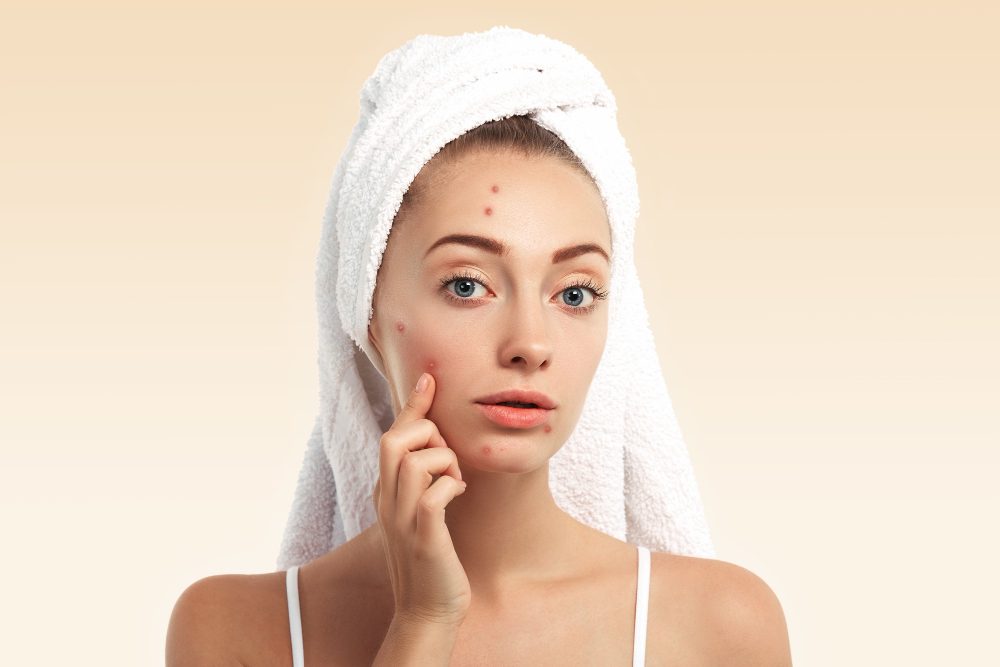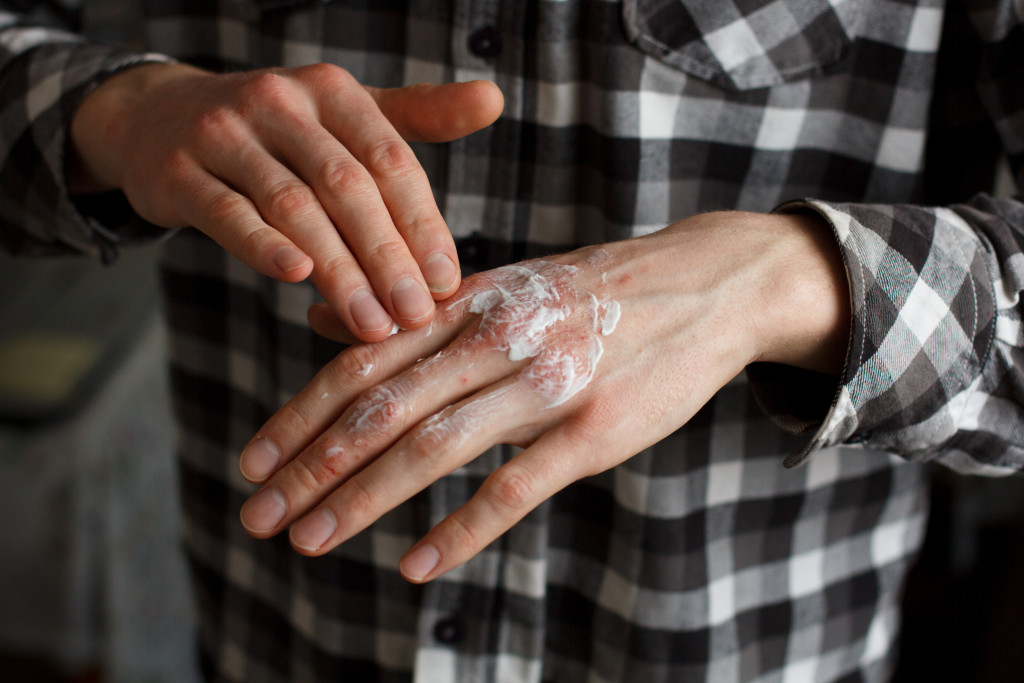- Common skin disorders among teenagers include acne, eczema, psoriasis, rosacea, and dermatitis.
- An overproduction of sebum causes acne due to hormonal changes during puberty.
- Eczema can be triggered by stress and environmental factors such as extreme temperatures.
- Psoriasis is an autoimmune disorder that causes scaly and itchy patches on the skin.
- Rosacea is a chronic skin condition characterized by redness, inflammation, and bumps.
As a teenager, you might experience various changes in your body, including skin disorders that can affect your daily life. Such conditions can cause discomfort, reduced self-esteem, and, sometimes, depression. But luckily, most of the common skin disorders among teenagers can be treated or managed with ease.
Teenagers and Skin Disorders
Teenagers are one of the most vulnerable groups when it comes to skin disorders. There are various reasons for this. First, they experience hormonal changes during puberty, which can cause an overproduction of oil, leading to clogged pores and acne, a prevalent skin disorder among teenagers.
Second, teens are often exposed to various environmental factors such as extreme temperatures (hot or cold), ultraviolet radiation from the sun, humidity, air pollution, and even strong winds. All these factors can affect their skin, leading to dryness, itching, and rashes. Here are some common disorders among teenagers:
Acne

Acne is a skin disorder that affects almost all teenagers to varying degrees. It is characterized by pimples, blackheads, and whiteheads that develop on the face, chest, back, and shoulders. The primary cause of acne is an overproduction of sebum, a type of oil produced in the skin. Hormonal changes, stress, and genetics can also contribute to the development of acne.
Scars can also be problematic, especially when deep and cause emotional distress. The good news is that there’s treatment for acne scars. This treatment utilizes a combination of laser and light therapy, chemical peels, dermabrasion, micro-needling, and fillers.
Eczema
Eczema, or atopic dermatitis, is a skin disorder that causes the skin to become itchy, dry, and inflamed. It typically appears on the face, hands, feet, and inside of the elbows and knees. The exact cause of eczema is unknown, but it is believed to be related to an overactive immune system and environmental triggers such as stress, irritants, and weather changes. Treatment options for eczema include emollients, topical steroids, and antihistamines to manage the symptoms.
Psoriasis
Psoriasis is a chronic autoimmune disorder that causes the skin cells to grow too quickly, resulting in scaly and itchy patches on the skin. It can occur on any body part, including the scalp, elbows, knees, and nails. The exact cause of psoriasis is unknown, but genetics, environmental factors, and the immune system play a significant role. Treatments for psoriasis include topical creams, oral medications, and light therapy.
Rosacea
Rosacea is a chronic skin condition that affects the face, causing redness, inflammation, and bumps. It typically affects people with fair skin; the exact cause remains unknown. However, triggers such as stress, alcohol, and spicy foods can worsen the symptoms. Treatment options for rosacea include topical creams, oral antibiotics, and light therapy.
Dermatitis
Dermatitis is a skin condition that causes the skin to become red, swollen, and itchy. It can occur due to allergies, irritations, or infections and can be acute or chronic. The treatment for dermatitis depends on the cause and may include emollients, topical steroids, and antihistamines.
How to Avoid Common Skin Disorders As a Teenager
Avoiding skin disorders as a teenager is not always possible, but there are some steps you can take to reduce your risk.
Develop a Good Skincare Routine

Developing a good skincare routine is one of the easiest ways to keep your skin healthy. This includes cleansing, toning, and moisturizing your skin regularly. Cleansing your skin helps to remove dirt and oil, which can clog your pores and lead to acne breakouts. Toning your skin helps to balance its pH and prepare it for moisturizing. Moisturizing your skin helps to keep it hydrated and prevent dryness.
Eat a Healthy Diet
What you eat can have a significant impact on your skin. Eating a diet rich in fruits and vegetables, whole grains, and lean proteins can help to keep your skin healthy. Avoiding processed foods, high-fat foods, and sugary drinks can help to prevent acne breakouts. Drinking enough water is also essential for keeping your skin hydrated and healthy.
Protect Your Skin From the Sun
Overexposure to the sun can cause various skin problems, including sunburn, premature aging, and skin cancer. To protect your skin from the sun, wear sunscreen with a high SPF, and limit exposure to the sun during peak hours (10 a.m. to 4 p.m.). Wearing a wide-brimmed hat and sunglasses can also help to protect your face and eyes from the sun.
Skin disorders are common among teenagers, but with proper care and prevention, they can be managed or even prevented. Following the tips above can reduce your risk of developing these disorders. Proper treatment and preventive measures can keep your skin looking and feeling its best.


